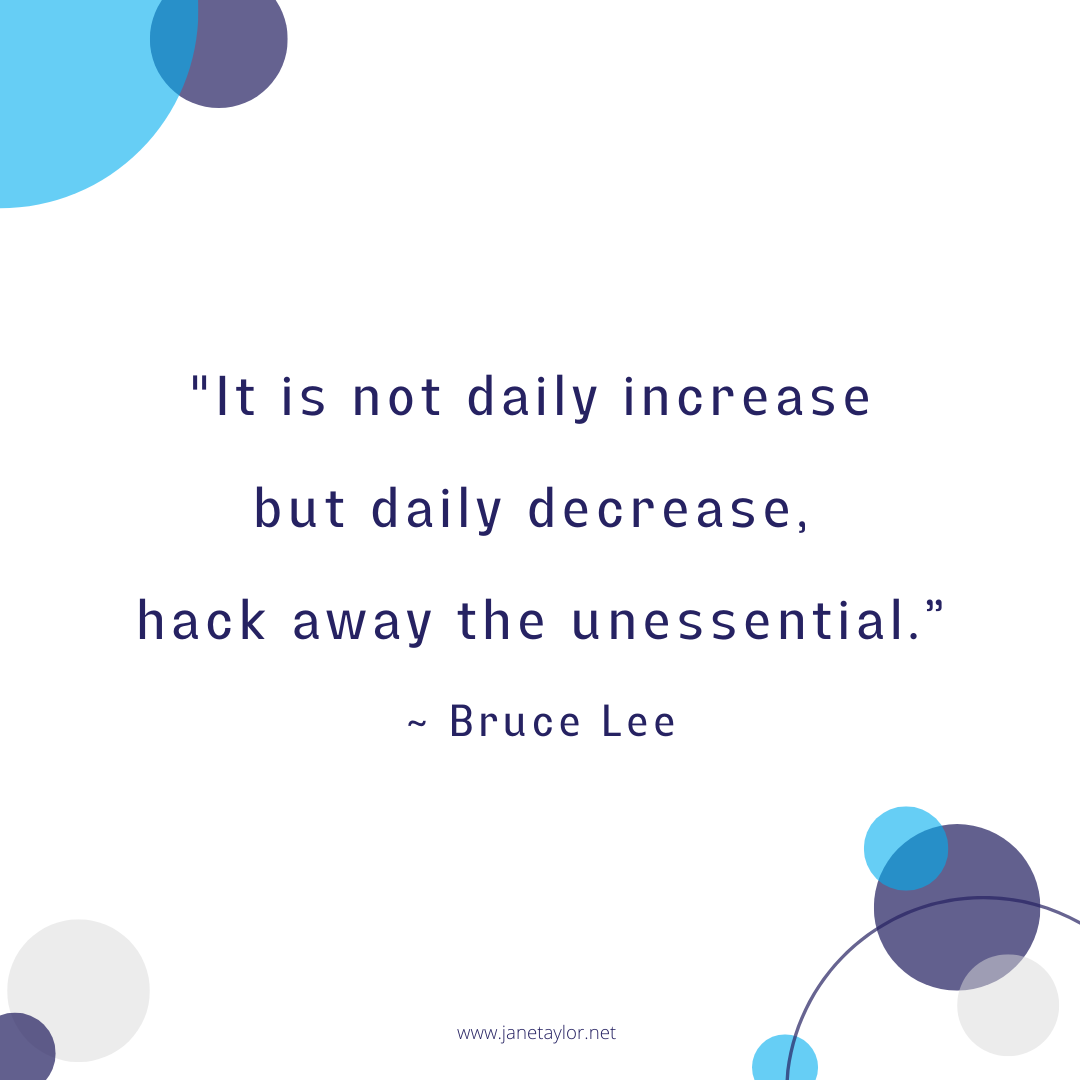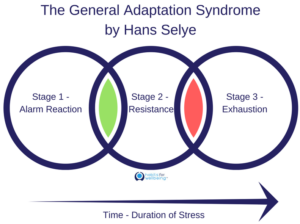Time to Lighten the Stress Load?

Trust me, I get it. Life can be stressful. Whether it’s our relationships, career, health, financial situation, environment or a critical incident – we all experience stress.
Stress is subjective – so something that is stressful for me may not be stressful for someone else. There are many different kinds of stress and not all of them are bad. Stress can help us act quickly in an emergency or meet a deadline.
Before you identify if it is time to lighten your stress load, let’s have a closer look at stress.
What is Stress?
There are many definitions of stress including –
- “pressure or tension exerted on a material object” and “a state of mental or emotional strain or tension resulting from adverse or demanding circumstances.” ~ Google
- “a physical, chemical, or emotional factor that causes bodily or mental tension and may be a factor in disease causation” ~ Merriam Webster
- “A state of mental or emotional strain or tension resulting from adverse or demanding circumstances.” ~ Oxford Dictionaries
- “In a medical or biological context stress is a physical, mental, or emotional factor that causes bodily or mental tension.” ~ MedicineNet.com
- “non-specific response of the body to any demand for change.” and “the rate of wear and tear on the body.” ~ Hans Selye
Classifications of Stress
There are a few classifications of stress Following are examples of three different classifications of stress from Hans Selye, Karl Albrecht, and Lyle Miller and Alma Smith.
1. Hans Selye – Four Main Areas of Stress
The famous Austrian-born Hungarian endocrinologist Hans Selye, who was the pioneer of modern day stress research identified four main areas of stress –
- Eustress – positive stress that motivates us into action to meet challenges;
- Understress -associated with boredom, lack of direction and ‘rustout’;
- Overstress – going beyond our limits (i.e. burnout); and
- Distress – linked to unresolved emotions and feelings.
2. Karl Albrecht
Dr Karl Albrecht’s ground breaking book ‘Stress and the Manager’ classified four general categories of self-induced emotional stress. They were –
- Time Stress – a stress/anxiety reaction to the concept of time (i.e. meeting a deadline or a sense that time is running out);
- Anticipatory Stress – commonly known as “worrying” about an impending event in the future;
- Situational Stress – finding ourselves in a situation that is out of our control (i.e. expecting something terrible to happen);
- Encounter Stress – stress/anxiety about dealing with one or more people whom we find challenging or unpleasant.
3. Lyle Miller and Alma Smith – Four Kinds of Stress
Lyle Miller and Alma Smith refer to the following four kinds of stress in the book, The Stress Solution –
- Acute Stress – most common form of stress and comes from demands and pressures of the recent past and anticipated demands or pressures of the near future.
- Episodic Acute Stress – when acute stress happens frequently, it is called episodic acute stress.
- Chronic Stress – when acute stress is not resolved and begins to increase or lasts for long periods of time, it becomes chronic stress.
- Traumatic Stress – overpowering trauma can cause chronic stress know as Posttraumatic Stress Disorder (PTSD).
The Body’s Response to Stress
Simply, the stress response is the body’s natural reaction to feeling under threat. The way our bodies adapt to stress is called the General Adaption Syndrome. According to Selye, the stress response is the body’s
“non-specific reaction to demands made to its internal equilibrium.”
The stress damage results from prolonged exposure to the stressor and happens in 3 stages.

Stressors in Life
Causes of stress are often referred to as stressors. Stressors can be a thing, person or situation and are often created by our thoughts about them. There can be many areas where stress can happen in life and some are included in the following graphic.

What is Stress Costing You?
Once we have identified the causes of stress, then it is up to us to take responsibility for the stress and make conscious changes. If we don’t we can end up experiencing a number of short-term and long-term costs. For example – stress could be costing you –
- Peace of mind,
- Time,
- Love,
- Sleep,
- Energy,
- Relationships,
- Fulfilment,
- Financial income,
- Sense of humour, or
- Overall health.
Time to Lighten the Stress Load?
When I am thinking about stress, I like to use the metaphor of a backpack as it relates to this story. For example – if you are going for a walk, you pack what you need. Over time as you get a little tired, the back pack gets heavier, so you need to rest and restore. If the backpack is too heavy at the start, you may not be able to go as far as you planned.

The first step to lightening the stress load is identifying stress in your life (yep – self-awareness is key). Once you have developed self-awareness, you can then make a decision and decide if you want to change. Once you have made a decision, you can then start to act and make the change and lighten your stress load.
I feel it is important for individual to identify their own capacity around stress and when their backpack is too heavy, so they can take action to develop their own resilience and take responsibility for enhancing their own wellbeing.
As I have had the experience of burnout a few times now (yep I was a slow learner), I continually look for ways to lighten my own stress load by using helpful and healthful coping strategies. As a highly sensitive person, some of the ways I do this each each week include –
- having quiet time and space to reflect on my week,
- investing time to practise self-compassion and mindfulness,
- scheduling and committing time to move my body at least 5 times,
- having regular sleep, and
- keeping my finances up to date.
Over to You…
I hope this article has given you some insight in to stress and whether or not it is time to lighten your stress load. If you have any questions or comments, feel free to share them below. Also – please make sure you find a qualified health professional who can help you with stress as it can be too overwhelming to try to manage and deal with it on our own (especially if you have a lot in your backpack and have been travelling with it for a while).
When you are ready to reclaim your courage and take the next step towards freedom and living whole-heartedly, you are also welcome to join our Toolkit!
References –
Albrecht, K. (1979). Stress and the Manager. New York, USA: Touchstone Books.
Miller, L., & Smith, A. (1993). The Stress Solution – An Action Plan to Manage the Stress in Your Life. New York, USA: Pocket Books.
